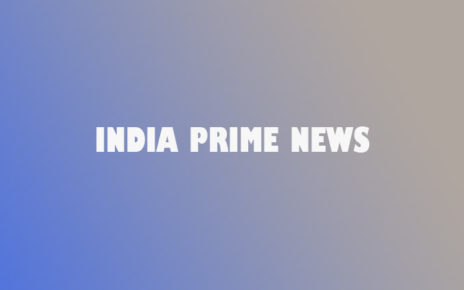One Nation One Election
With the Narendra Modi Government pushing hard for it, the question of having simultaneous elections for both the Lok Sabha, the lower house of Parliament and State Assemblies has once again come into focus. The Law Commission has swung into action, holding consultations with national as well as regional political parties on having elections at the same time for both the central and state legislatures.
The reactions of the political parties, which have given their views to the Law Commission so far, or indicated their view point in other ways, are generally seen to be governed by their perceived benefit from the ultimate decision, one way or the other.
The Samajwadi Party, SP, which is a major player in Uttar Pradesh, has favoured simultaneous elections, provided the system is implemented from next year’s Lok Sabha elections. If the decision is carried out in Uttar Pradesh next year, presumably it would mean cutting short the tenure of the State Assembly by three years to hold elections simultaneously with the Lok Sabha polls. This will give the Samajwadi Party, and its potential ally, Mayawati’s Bahujan Samaj Party, another shot at power in the State, after their virtual rout in the 2017 Assembly elections. Significantly, the Samajwadi Party has made it clear that it favours simultaneous polls, only if the decision is implemented with the Lok Sabha elections due in May next year.
The Janata Dal United, which rules Bihar in coalition with the BJP, has also come out in favour of simultaneous elections. The choice can be easily understood in the context of its uneasy relationship with the national party, and the unresolved seat sharing issue for the Lok Sabha elections. The party is looking for a substantial, “respectable” share of the 40 Lok Sabha seats from the State. The BJP, which now holds more than 20 seats appears to be in no mood to give up some of these seats to the JD (U). Nitish Kumar’s party apparently thinks that it will be in a better bargaining position if the Lok Sabha and Assembly elections are held at the same time.
While the BJP favours simultaneous polls, the Congress is keeping its powder dry on the issue, though in the past, the party has opposed the idea.
Prime Minister Narendra Modi has been pushing for ‘one Nation, One Election’ for many years. He has been saying that it will reduce electoral spending and spare more time for tackling governance issues. According to him, the country is at present always in election mode, with elections taking place in one part of the country or the other, leaving very little time to attend to the bread and butter issues faced by the nation.
There may be some point in what Prime Minister Modi asserts but the aspect that the elections will become more presidential in nature if held simultaneously for the Centre and the State legislatures, cannot be wished away. Perhaps he thinks that apart from winning control of the national government, he would also be able to have most State governments controlled by his party, the BJP, and that also, at one go.
Such a prospect can lead to coming up of dictatorial tendencies, posing a threat to both democracy as well as the country’s federal structure. The Congress and other opposition parties would do well to consider this potential scenario before firming up their approach to the issue.
